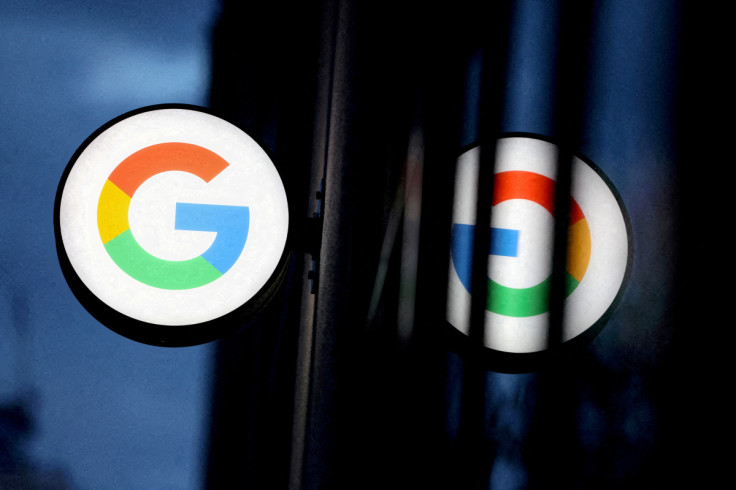Google AI Search is on the cards, should you get excited about it?
Google reportedly relies on its databases or information from the internet to give you answers.

It looks like Google reinvented Search with generative AI at this year's Google I/O. The recently concluded developer conference was teeming with all sorts of AI news comprising Google Bard, Google Docs, and more. However, SGE (Search Generative Experience) stole the show.
Google recently removed the waitlist for its AI chatbot Bard. As a result, Bard is now available in more than 180 countries. Aside from this, the search engine giant added a myriad of awe-inspiring upgrades to the Google chatbot. Still, the company bringing generative AI to its Search is more exciting news.
The rumour mill had been churning out speculations surrounding the arrival of Google Search AI upgrade at I/O 2023 ahead of the event. Earlier reports indicated the purported upgrades will add features from a secretive Google program dubbed "Project Magi." Reportedly, over 160 designers, executives, staff members, and engineers are working on the project.
According to developer DataChazGPT, it will be made available to 1 million U.S. users in May. Google will gradually release it to 30 million by the end of the year. Amid the lack of an official confirmation, Project Magi was expected to be Google's next-generation search engine. Notably, these speculations have turned out to be true.
[JUST IN]
— DataChazGPT 🤯 (not a bot) (@DataChaz) April 17, 2023
Google has just revealed Project "Magi," their new #AI search engine to rival #ChatGPT, Bing Chat, and the likes! 🤯
- It will have a chat-like interface, similar to ChatGPT.
- There are rumours that Google may be replacing their 10-result SERPs with Magi to provide… pic.twitter.com/6g7dPShQAo
However, it is worth noting here that Google did not specifically refer to SGE as an AI-based search engine. Still, folks at Tom's Guide believe SGE is the start of Google 2.0. Apparently, the report claims Google's AI will reinvent how we search, and this is more significant revamp than Microsoft Bing Chat. In other words, Google has given us a glimpse into the future of Search by directly integrating AI chatbots into Search.
Google's AI can replace Search entirely
Microsoft has intentionally kept Bing Chat separate from OpenAI's ChatGPT to provide a distinct Bing search experience. However, it allowed Bing Chat responses to appear in Bing search results. Google SGE, on the other hand, adopts a different strategy.
The Mountain View, California-based tech firm showed off the same version of Google Search we use today, but backed by AI. Users will see AI snapshots when they search for a query every time. So, they are likely to become the norm once Google brings the new search experience to the general public.
Google Search meets AI pic.twitter.com/dvCHZgXOUo
— Andreas Storm (@avstorm) May 10, 2023
Google showed the ChatGPT-like style users can adopt to search going forward. In other words, you will no longer use traditional search queries like "cars" or "bikes." Instead, Google wants you to be as specific as possible. For instance, you can search for "bikes built to withstand harsh weather conditions," rather than just searching for "bikes."
So, it is safe to say that users will be having a conversation with Search, and it will respond with answers. The future we are soon approaching could involve users asking an AI-backed search engine for what they want, and the search engine responding with what it thinks you are looking for.
Can you rely on an AI search engine?
Google's AI may not be at the forefront of artificial intelligence technology at the moment, but it is pretty impressive. To recap, the AI managed to learn a new language without human assistance last month. While AI can organise information for users, it will not fix the issue of disinformation. According to a Washington Post report, Google's AI will use different ways to sort data and reply to some searches.
For instance, if you're using Google to search for a bicycle for a hilly 5-mile commute, the AI will create a list of bikes with their descriptions, photos, and features. So, you don't have to go to multiple links to compile a list of bikes on your own. However, it is still unclear whether this AI-infused information will be useful.
Google search is going to change forever🚀
— Purvesh Shende (@purveshshende2) May 16, 2023
Google just made some big announcements in the recent Google IO 2023. It introduced various new features to its search and other apps.
Here are all the AI changes coming to Google
🧵#aitools #Google #GoogleBard #GoogleIO
According to a Google executive, AI search is all about "connecting you to the best of the web." The Washington Post report points out that this is Google's job, and it is sometimes pretty bad at it. Furthermore, the report claims Google is currently providing answers by extracting facts from its databases rather than creating a bunch of links for users.
For example, if you use Google to search for an answer to a more subjective question like "is milk bad for you?," it will probably suggest responses by providing information from its database or from the web. However, Google's AI-backed Search could change that. The AI search will allow users to ask complex questions and follow-up queries, unlike the conventional search.
© Copyright IBTimes 2025. All rights reserved.






















